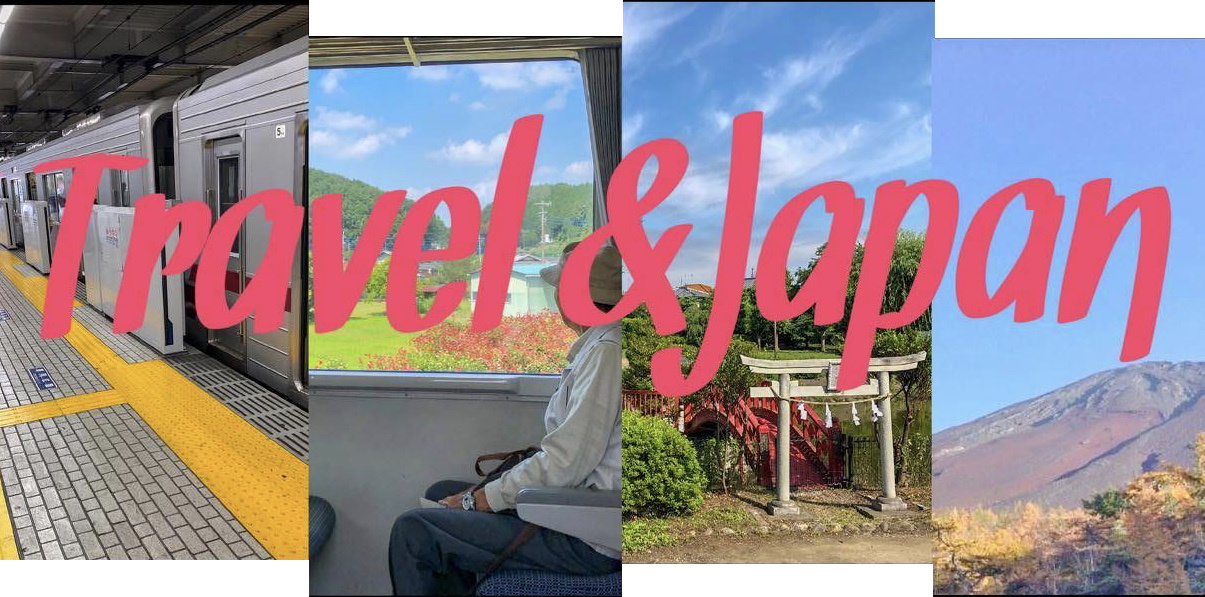About 55,000 people from the United States (US) call Japan home and that number rises a little each year. Americans come to Japan for many different reasons. Two of the top reasons are work and travel. Working a year or more in a foreign country adds a tremendous boost to a resume. The skillset required to obtain and manage an overseas job will put your resume at the top of the stack.
This is the American guide in my series on how to work in Japan. The Filipinos guide is here.
Traveling from America to different parts of Asia is expensive so several Americans take a Job in Japan then travel to different parts of Asia and Australia. This not only saves thousands of dollars but increases your culture which you can add to your resume. Several English Teachers in Japan go on to teach in places they visit like South Korea, Thailand, Indonesia, and even China. The possibilities are endless.
Then you have someone like me who is making Japan my home. I will stay in Japan because I fell in love with the country. I will travel and work but my primary reason for staying is because I enjoy living here.
Let’s look at how to work in Japan when you’re from the US.
Japanese Language
Several Americans just want to teach English for a year and return to America. They want to put the teaching experience on their resume to help them get a teaching job. They have no ambition to keep working in Japan or move up the English teaching company career path. For these people learning Japanese is not something they usually want to do.
For anyone who wants to climb the corporate ladder in Japan, I strongly suggest that you learn Japanese. Yes, there are exceptions but it’s not the norm. If you want to live and work in Japan for a few years it makes sense to learn the local language. It will expand your job opportunities considerably.
Learning the Language
1. Enroll in a university that offers the major you want and a minor in the Japanese language.
2. Learn from a book. I recommend the Japanese from Zero books because the series is easy to understand and the writer has a YouTube video for each chapter. Read my review of Japanese from Zero here.
3. Learning online helps you pronounce the Japanese language correctly. I use italkI because the lessons are one on one instead of a group where new people are left behind. I combined my Japanese from Zero books and an online teacher to accelerate my learning. Read my review of italki here.
4. If you find a job and move to Japan before learning Japanese or want to improve your skills then there are a huge amount of options. There are several schools you can attend especially if you live in a major city.
5. Study in Japan on a student visa. You can move to Japan for the sole purpose of studying the Japanese language. Apply to a school from the US and meet the requirement is all you need to do. You can work part-time in Japan if you have a student visa.
6. Hire a tutor in the US or Japan is an expensive option but it is an option.
Check out my complete guide to moving to Japan here.
What Type of Job can I find in Japan?
The type of job you can find depends on what visa support the company offers. To work in Japan you need a work visa. Keep aware that you cannot apply for just any job in Japan.
Jobs that usually don’t require Japanese language skills are computer programer and English Teachers. Remember that without Japanese language skills your chance for promotion in any career is not likely.
Things to check for in a job listing are:
1. Visa support – You must have a work visa to work in Japan. If the company you’re interested in doesn’t offer a work visa it won’t do you any good to apply for a position.
2. Language requirements – If you cannot speak, read, and write Japanese then you can’t apply for a job requiring the Japanese language. Also, not all job postings list Japanese so contact the job poster and ask before filling out the application.
3. Drivers License – Get your International driver’s license before leaving your home country in case the job you find requires a driver’s license.
4. Currently living in Japan – Several jobs posted for Japan require you to already be in the country. You can come here without a work visa and try to get a job. However, these companies expect you to already have a work visa in most cases.
5. College degree- 99% of the jobs for Americans in Japan will require the applicant to have a bachelor’s degree or higher. When applying for a job your degree needs to match the job. The exception is an English teacher where any degree will work.
Check out Living in Japan – Work scams in Japan here.
Job Websites
These job websites will help you get started. The sites are widely used by Americans looking for a job in Japan.
Interview
Interviewing in Japan is different then in America. You ware an all-black suit with a single color tie (usually blue). This is the case even if doing a video call. In many cases, the interviewer will ask you to stand up to ensure you are wearing pants.
The interviewer will review your personal information then tell you about the job. Sometimes they will ask you to introduce yourself but usually, this is not the case. The interviewer will ask you point by point if you are okay with doing each task. You will say yes or no unless they ask for more information.
Depending on the job the interviewer will ask you to demonstrate your skills. If you program they will watch you build code, if you teach English they will as you to act out a lesson. I’ve never been asked to do this in America but here in Japan, they want to see you in action.
After a demonstration of your skills, the interviewer will ask if you have any questions. If you don’t ask several questions then you’ll not get the job. So study the company and the position then write down several questions to ask.
Certificate of Eligibility (COE)
If you pass the interview the company will start the COE paperwork. Usually, the company will fill out all the COE forms.
Items they will ask you for include:
- College Degree
- College Transcripts
- Valid US passport
- Up to 8 Visa photos
Your COE approval may take up to 3 months. The company will send you the approved COE paperwork and ask you to buy your plane ticket.
When you arrive in Japan you will hand the COE paperwork to the immigration officer and they will give you an entry visa.
Over the next few days, your new company will take you to the immigration office to get your 1-3 year visa. Once this is complete you are allowed to work in Japan.
Long Road
The whole process of looking for and obtaining a job in Japan is a long one. It can take several months to a year but is completely worth the wait. Spending at least a year in Japan to travel and work is a dream come true to many and for others, it’s a huge addition to their resume.
Please check out my other guides about living and working in Japan so you know what to expect before looking for that first job.
Check out my article on What to expect when working in Japan here.
Do you have a story about getting a job in Japan? Please let me know in the comment section below.
Do you have questions about getting a job in Japan? Ask below in the comment section.



Thank you for the very detailed information, I experienced a lot of interviews before getting a job in Japan. If you have skills to speak and write hiragana and katakana it will be your x factor to getting hired but sometimes a company doesn’t require you to speak or write japanese. It depends on the company you want to work for. Learning japanese before you move to Japan will help you easily get a job.
Thank you for reading my article.
It really does depend on the company but most companies in Japan require Japanese language skills.